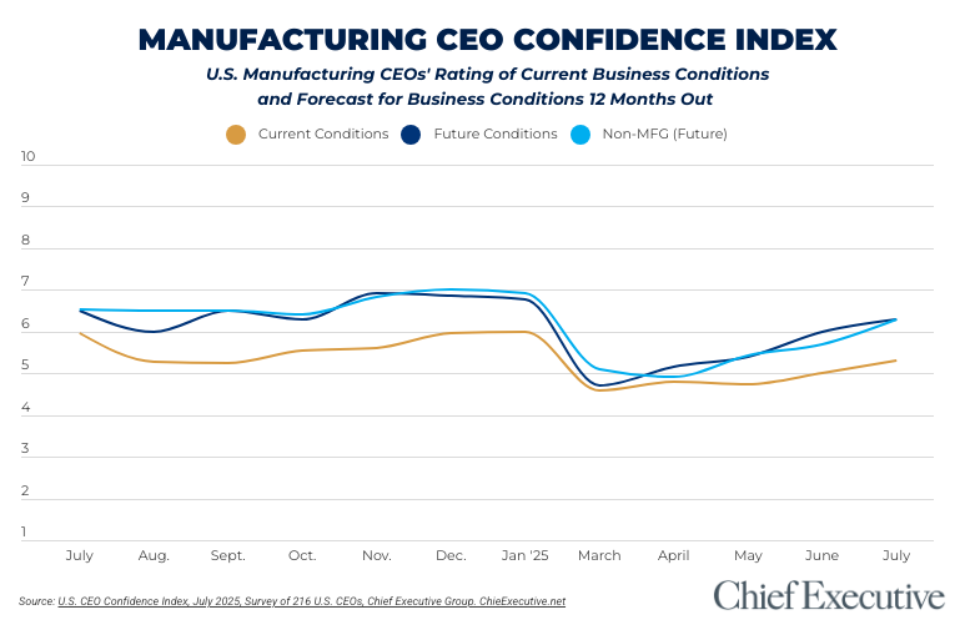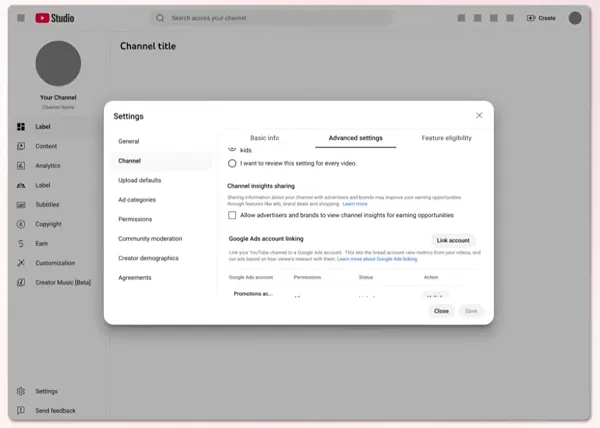The recent shareholder rejection of Warner Bros. Discovery CEO David Zaslav’s $52 million pay package should send a clear message to fellow CEOs: investors are watching compensation decisions more closely—and critically—than ever before. With economic uncertainty mounting and returns lagging across sectors, generous executive pay without performance to match is a harder sell than it once was.
The rejection of Zaslav’s pay package comes as Warner Bros. Discovery is in the process of splitting the company into two parts: a Streaming & Studios company that will include Warner Bros. Television, Warner Bros. Motion Picture Group, D.C. Studios, HBO and HBO Max, and a Global Networks company consisting of entertainment, sports and news entities including the CNN, TNT and Discovery channels. In a statement, Warner Bros. Discovery chairman Samuel A. Di Piazza Jr. said the breakup “reflects the Board’s ongoing efforts to evaluate and pursue opportunities that enhance shareholder value.” Unfortunately, shareholders don’t seem to be convinced, in part because splitting up the company reverses some of what was accomplished in the April 2022 merger.
According to news reports, the Warner Bros. Discovery stock price is down about 60 percent since the merger. The company is also dealing with approximately $38 billion in debt, much of which will be loaded onto the Global Networks entity. That dreary performance led 59 percent of shareholders to vote against CEO Zaslav’s pay package, a clear message that investors want to see improvement before rewarding the current executives with raises.
For CEOs, this situation presents several key lessons worth internalizing—before similar discontent reaches your own boardroom:
1. Pay must reflect performance—especially now. Executive compensation, once rubber-stamped, is increasingly scrutinized in light of shareholder value. In this environment, tying pay more closely to long-term value creation—not just short-term operational milestones—is no longer optional. CEOs must be prepared to defend their packages not only to their boards but to increasingly vocal investors.
2. Board decisions reflect on the CEO. Even if your board handles governance and compensation decisions, the optics of board-approved raises during periods of poor performance land squarely on your shoulders. CEOs must be proactive in ensuring alignment between performance metrics, strategic goals, and stakeholder expectations.
3. Investor trust is fragile—and essential. Whether it’s a corporate restructuring, merger reversal or strategy pivot, investor patience is finite. CEOs need to lead the charge in restoring credibility: engaging stakeholders directly, transparently communicating tradeoffs, and signaling personal accountability.
4. Governance is strategy now. If you’re navigating a major transformation, as Zaslav is, assume that everything—from your pay to your strategic moves—will be viewed through the lens of governance and shareholder value. CEOs should anticipate pressure, not only from investors but from governance advisers and proxy voters, especially when growth and returns aren’t lining up with leadership compensation.
Bottom line: this isn’t just a board issue—it’s a leadership issue. The bar for executive accountability is rising. CEOs who want to maintain the confidence of their boards and shareholders must show they’re earning it.




































































